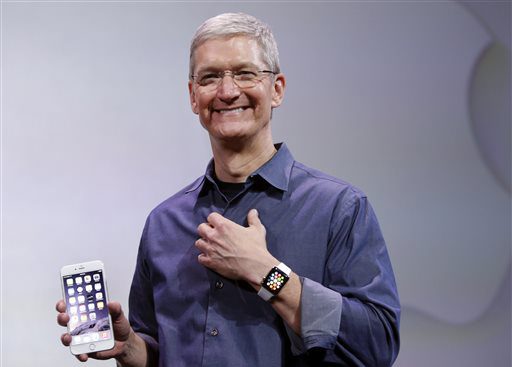Theoretical question: If intelligence augmentation became possible in a time of great wealth inequality, would the financial chasm permit some to have a huge IQ advantage, or would the early adopter billionaires merely subsidize the initially expensive technology for the rest of us, allowing most to put a chip in the brain as readily as a smartphone in a pocket?
Ray Kurzweil feels that benefactor scenario is the one that will play out, while John Koetsier of VentureBeat fears that by 2035 “rich people will be thousands of times smarter than poor people.” I don’t in any way think 20 years is a realistic time frame for that type of advance, though I believe in the far longer run, when such things are possible, Kurzweil will likely be right.
An except:
In Kurzweil’s view, the human brain is composed of 100-neuron patterns that are repeated 300 million times. At some point — probably in the 2030s, Kurzweil says — mobile devices will connect to our brains. More specifically, our neocortex. They’ll be several billion times more powerful than early computers, and they will connect to synthetic neocortices in the cloud. Adding capacity to your brain will be as simple as adding cloud-based server capacity today.
“In some cases, my 300 million neocortex modules won’t cut it,” he said. “I may need a billion neocortex modules … and I can extend my brain in the cloud.”
As we do so, our intelligence will grow.
“It’s going to grow exponentially … our thinking will grow exponentially, and we’ll become millions of times smarter,” Kurzweil said.
That’s more than a little mind-blowing. And it has implications for everything in human life: sciences, arts, social behavior, you name it. But it also has an implication for socio-economic status.•
Tags: John Koetsier, Ray Kurweil


